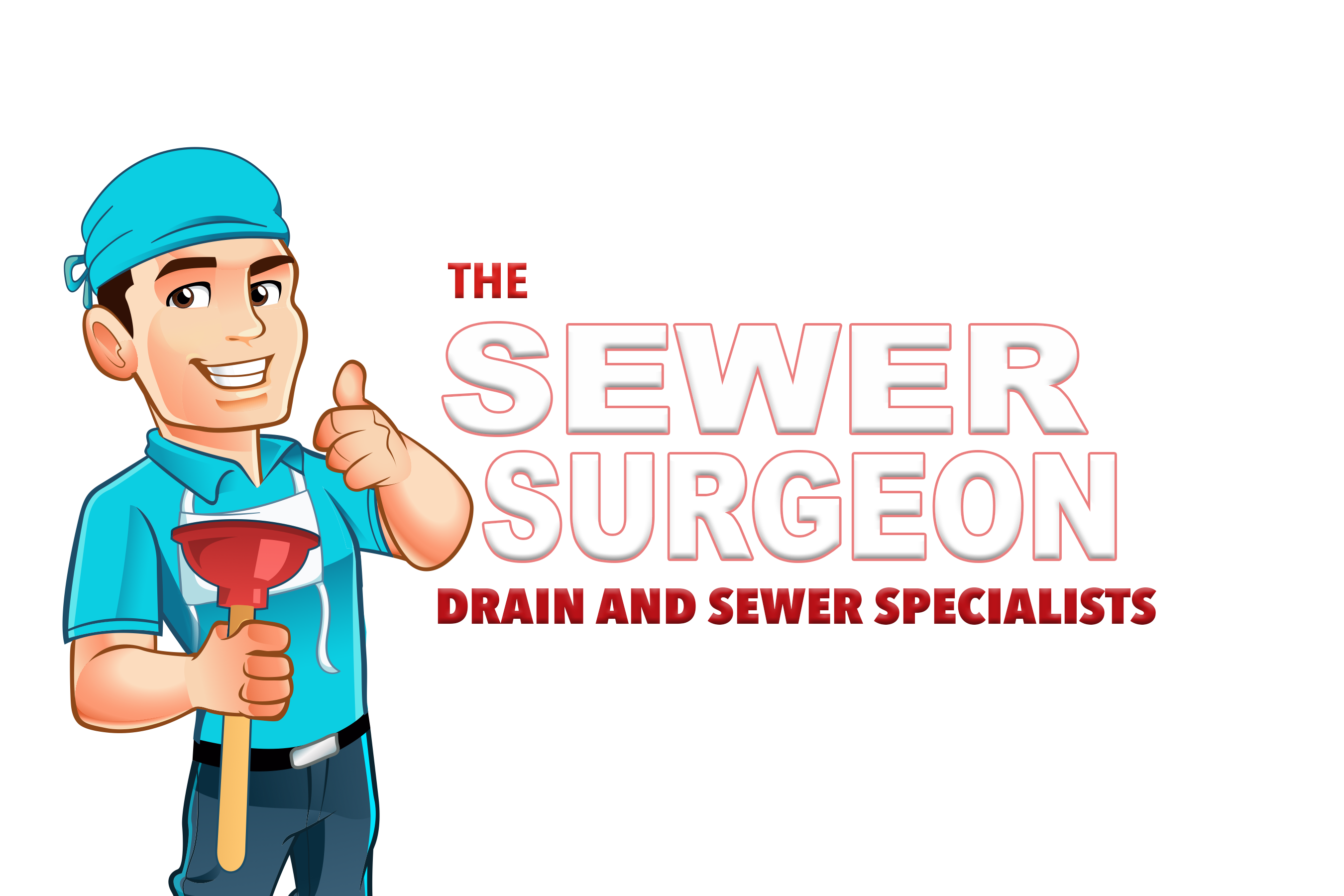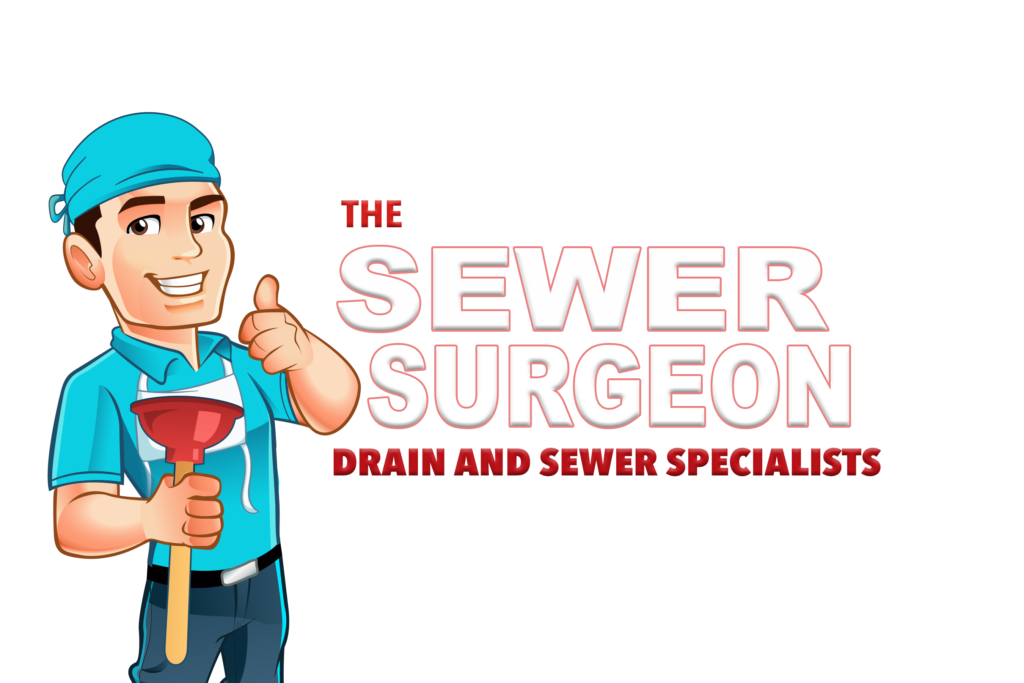It’s one of the most common problems with plumbing: drain clogs. The severity of clogging can range from a minor inconvenience to a full-on backup of your system. As a homeowner, you know that your plumbing system has tips and tricks to keep it happy, but if you suffer from perpetual clogging, you may ask yourself, “Why do my drains keep clogging?”
Drains can suffer from clogging due to material objects that pass through them, leading to build-up and clogs in your line. These can range from biological matter to sanitary items. To prevent a clog, be wary of what you allow down your drain systems!
While residential drain line repair can treat the problem, it is essential to evaluate the treatment of your drains and how residents may be leading to these blockages. Knowing the causes and what not to flush down your drain is the first step towards better drain health. Read on to learn some causes and preventative measures you can take!
What Causes a Drain Clog?
Drains are designed to carry away used water and unmentionables, so naturally, they can handle everything, right? It’s sad to say, but this isn’t the case. Plumbing is constructed to help the home by carrying away specific matter. When a rogue element is introduced into the system, it can cause big problems immediately or over time.
Some things that you can cause drain clogs that you may be unaware of are:
- Daily Use Items
- Installation Issues
- Natural Invasive Materials
- General Use
With these in mind, let’s explore how each individual category affects your plumbing system and what items you may use or see in your everyday life that may be the culprit. It may be surprising to hear all of the things you never knew that could cause egregious backups within your system!
Daily Use Items
While a very general term, daily use items are things you will be in contact with regularly during the day. While some of these items will not hold true for all individuals, the majority of individuals handle and dispose of these items appropriately, leading to drain clogs.
These items include:
- Leftovers and Food Waste
- Oil, Grease, and Fats from Cooking
- Wipes and Diapers
- Toys, Jewelry, and Other Accidentally Flushed Items
- Feminine Hygiene Products
- Cotton Products
- Cat Litter
The reason these are grouped together is that they are all foreign objects that your system is not designed to handle. It is imperative that when handling any of these that they are disposed of properly within a bin. If allowed down the drain, they will compact and combine with other particulates to create a blockage.
Installation Issues
If you have repeated plumbing issues, including drain clogs, the answer may not be 100% your fault. During initial installation, it is important to have a trusted plumber working and laying your lines to guarantee quality plumbing. Doing so involves taking into account terrain, stability, and if there are any things that can potentially harm the system.
Poor planning and shifting soil can lead to offset pipes, which can minimize the space in plumbing where things can travel. This means any foreign objects, grease, or other items can have a harder time just passing through, allowing them to collect together in the line causing a drain clog.
Natural Invasive Materials
Nature can be an adversary when it comes to plumbing. Plant debris and dirt that you wash off can collect in pipes which leads to damage. The bigger concern is tree roots, however. Trees need water to grow healthy, and their roots will even worm their way into pipes to get it. This invasion can do more than just clog your system, but also crack and damage your pipes!
Just General Use
Some causes of plumbing issues are just unavoidable. The fact of the matter is that general use, without regular maintenance, can lead to drain clogs of its own. While this may seem counterintuitive, your plumbing system needs just as much care and upkeep as any system within your home, and failure to do so can cause big problems.
Natural causes that come from general use can be hair collecting through plumbing with soap or even just using too much toilet paper. Minerals within the water can also begin to collect over time, building up into a blockage that is tricky to remove. While these come from normal use, they, like the rest of our list, can be prevented.
Ways to Prevent a Drain Clog
Now that we know the problems that can create clogging issues, it is time to examine the solutions. The good news is that drain clog prevention does not have to be expensive. In fact, some of the ways you can keep drain clogs at bay just involve being more mindful of how your plumbing system is being utilized.
Be Very Careful What Goes Down the Drain
The majority of clogging issues arise from flushing things down the drain that just doesn’t belong there. When using your sink, tub, or toilet, always be cognizant of what you are about to put down the drain. Dispose of items appropriately. How can you do this?
- Oils, greases, fats: Collect these in a container and throw them away in the trash.
- Food particulates: Scrape plates, boards, and pans clean prior to washing
- Cotton Products, Wipes, and More: Throw away in the trash unless otherwise specified on the label! If it is meant to be flushable, it will say so.
Being more vigilant and disposing of things properly is a great first step to a healthier plumbing system. However, sometimes accidents happen. With these in mind, how can you prevent drain clogs further?
Screen Your Drains
Most sinks come with a grate or strainer stopper that you can plug in to keep water from flowing out when doing dishes. However, did you know you can also use this to prevent food particles from getting stuck in your drain? The next time you go to use your sink, stick these in the drain area to keep non-flushables out!
There are also small grate-like screens you can buy for your other drains, such as your shower. These are designed to nab objects like hair and dirt before they try to clog up your plumbing. It is a simple matter of placing it on your shower drain and cleaning it out regularly to prevent drain clogs in your plumbing. There are many different kinds to choose from that can meet your needs.
Run Hot Water after Use
Hot water is a great way to heat up particulates and keep them from compacting together. It is especially effective for preventing soaps, oils, fats, and grease from congealing and sticking to your plumbing pipe surfaces as they travel. After use, run your hot water tap for a few minutes to ensure any accidentally flushed items can flow safely away.
A great method of doing this is a water flush. Stop up your sink or tub and allow hot water to run and collect until full within the basin. After it’s collected enough, pull the stopper to allow water to drain away. If you need to do this for a toilet, use a five-gallon bucket, fill it with hot water, and then pour as you flush to get the same effect.
Consider Regular Treatments
We cannot stress this enough: maintenance for plumbing systems is imperative. Just like other systems in your home, your plumbing needs TLC to stay at the top of its game. Otherwise, failure is unavoidable. Have a local plumber you trust regularly check your system to ensure everything is flowing smoothly and to recommend any monthly treatments that could benefit your system.
Keep Your Drains Flowing Smoothly
Drain clogs are one of the most common issues within a home plumbing system. If you have constant clogs, knowing the causes and exercising preventative measures can help eliminate future incidents. Take care of your plumbing, and it will continue to take care of you for years to come!

